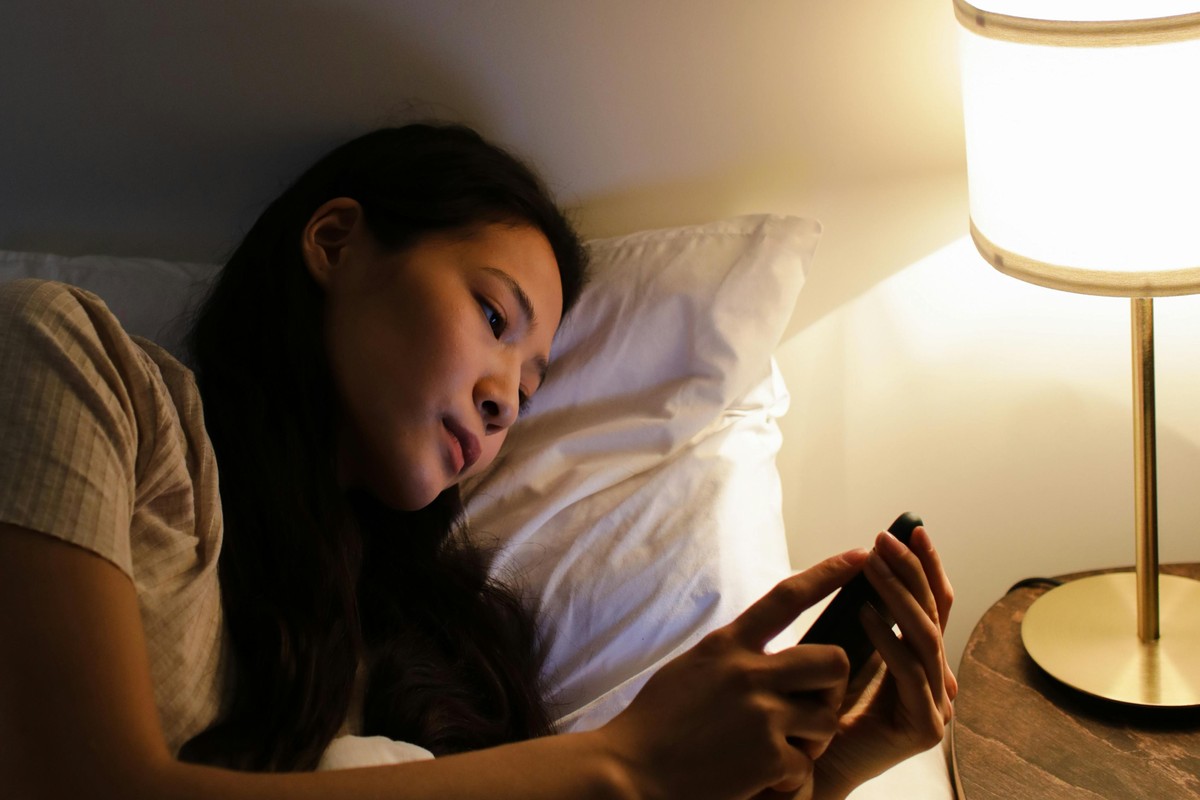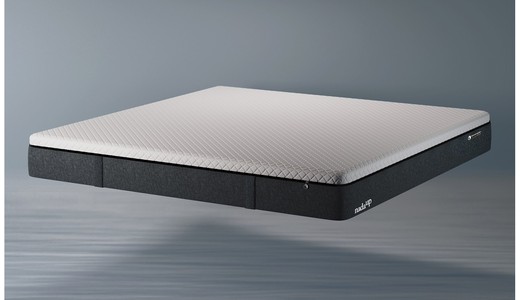Digital Detox at Bedtime: A Healthier Way to Sleep

We’ve all been there. It’s past bedtime, but we’re still glued to our phones—catching up on messages, scrolling through social media, or reading the news. In a world where digital devices are nearly inseparable from our daily lives, this habit may seem harmless. However, research reveals that nighttime screen exposure could be seriously sabotaging your sleep, raising stress levels, and affecting how energetic you feel the next day. A good night’s sleep is not just about closing your eyes. It’s about aligning with your body's natural rhythms and giving your hormones the right environment to do their jobs. Unfortunately, your phone might be throwing everything off balance.
The Science of Sleep and Circadian Rhythms
Your body follows an internal 24-hour clock called the circadian rhythm, which regulates sleep, hormone production, and even digestion. As night approaches, darkness prompts the pineal gland to release melatonin, a hormone that makes you feel sleepy.
But when you're scrolling under the glow of your screen, especially with blue light, the brain gets confused. It interprets the artificial light as daytime, delays melatonin release, and disrupts your circadian rhythm. According to a Harvard Medical School study, blue light suppresses melatonin production twice as much as other wavelengths and shifts circadian rhythms by up to 3 hours.
Hormones Hijacked by Your Screen
The consequences of nighttime screen exposure go far beyond a delayed bedtime. Your phone alters the function of key hormones:
-
Melatonin: Suppressed by blue light, leading to delayed and lower-quality sleep.
-
Cortisol: The stress hormone. Poor sleep elevates cortisol levels, increasing anxiety and reducing your body’s ability to manage stress.
-
Serotonin: A precursor to melatonin, this mood-regulating hormone can be disrupted, resulting in emotional instability.
-
Dopamine: Triggered by social media, dopamine keeps you hooked to your screen, delaying sleep and reducing its depth.
-
Insulin: Poor sleep increases insulin resistance, raising your risk for blood sugar imbalances.
-
Leptin & Ghrelin: These appetite-related hormones are thrown off balance, leading to next-day hunger and cravings.
-
Growth Hormone: Essential for tissue repair and muscle recovery, it is mostly released during deep sleep—something you get less of when screen time intrudes.
The Emotional Side: News and Social Triggers
Beyond the physiological, there’s a psychological layer. Reading anxiety-inducing news or encountering triggering posts before bed can activate your sympathetic nervous system, the "fight or flight" mode. This mental stimulation keeps your mind alert, delaying the deep sleep phase crucial for memory consolidation, emotional regulation, and bodily recovery.
NadaUp: More Than Just a Mattress
Detoxing from digital habits is a great first step—but your environment plays a major role too. NadaUp mattresses are designed using Mammoth Medical Grade™ foam, developed in collaboration with leading universities and approved by top health agencies like MHRA and NICE.
What does this mean for you?
-
29% faster sleep onset
-
7% better sleep efficiency
-
69% faster cooling, aligning with your body’s temperature needs
-
21% higher sleep satisfaction
-
60% better pressure relief, reducing physical discomfort that might disrupt sleep
Our high-performance, ergonomic mattress ensures optimal spinal support, motion isolation, and breathability—key features for anyone aiming to fall asleep faster and stay asleep longer.
Moreover, NadaUp mattresses are proven to contribute to hormonal balance, supporting melatonin and reducing cortisol levels. By enhancing comfort and reducing body tension, they help facilitate the deep, restorative sleep your brain and body crave.
Easy Tips to Start Your Digital Detox
Creating a healthier bedtime routine doesn’t have to be complicated. Start small:
-
Set a Screen Curfew: Turn off devices at least 2 hours before bed.
-
Use Night Shift or Blue Light Filters: Minimize blue light if you must use a screen.
-
Keep Phones Out of the Bedroom: Use an old-fashioned alarm clock.
-
Create a Sleep Ritual: Replace screen time with a book, journal, or calming music.
-
Make Your Bedroom a Sanctuary: Invest in a clinically tested mattress like NadaUp to signal to your body that it’s time to rest.
Conclusion: Reset Your Sleep, Recharge Your Life
It’s easy to underestimate the impact of digital habits on health. But just as we detox our bodies with good food and movement, we must also detox our minds with better sleep hygiene. Your phone might connect you to the world—but disconnecting at night is what helps you reconnect with your well-being.
A digital detox paired with a NadaUp orthopedic medical mattress is a powerful combination for anyone seeking deeper sleep, less stress, and more energy to take on the day.
Make the switch. Sleep the NadaUp way.









